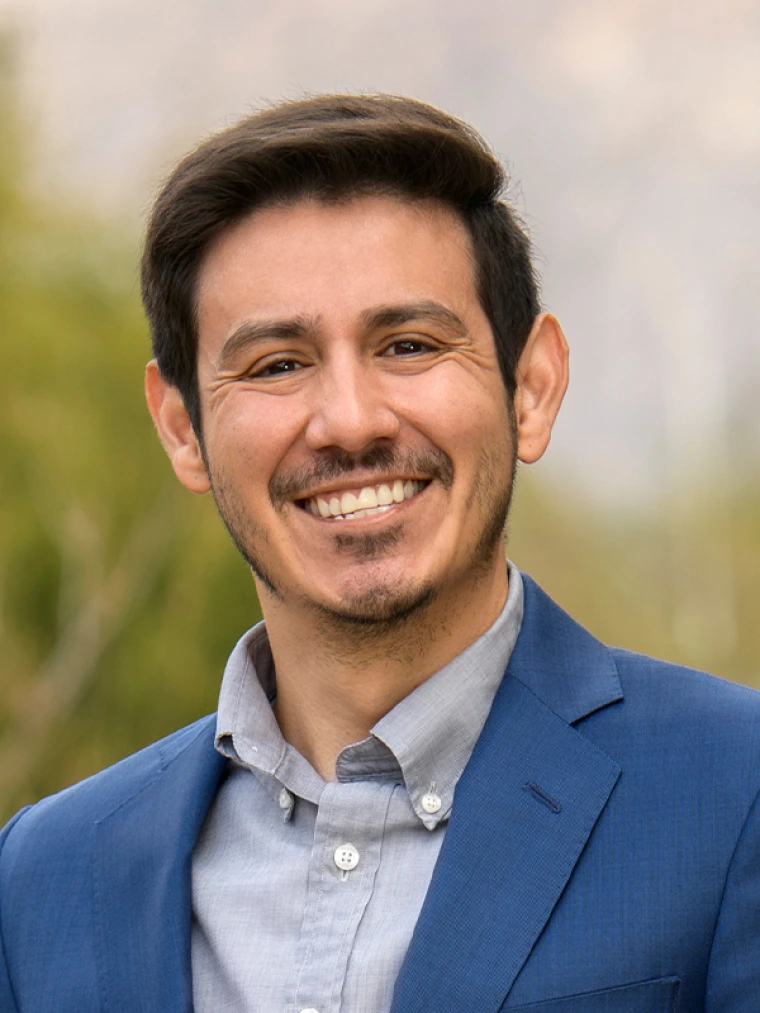David O Garcia, PhD, FACSM
Dr. Garcia is an Associate Professor in the Mel and Enid Zuckerman College of Public Health at the University of Arizona. He has extensive experience in short and long-term intervention trials in the areas of physical activity, diet, and weight management. He received his training from leading institutions and mentors in the field. Dr. Garcia has designed and implemented trials as a lead investigator focused on reducing obesity-related health disparities among Mexican-origin adults. Specifically, he has focused on examining the prevalence of metabolic associated fatty liver disease (previously known as non-alcoholic fatty liver disease (NAFLD)) and associated risk factors in the U.S.-Mexico border region. He has secured multiple pilot grants to support his research agenda, including an NIH-NIMHD Mentored Research Scientist Development Award to Promote Diversity (K01). He serves as the Director of the Zuckerman Family Center for Prevention and Health Promotion. He is also the Director of the also the Director and Founder of Nosotros Comprometidos a Su Salud (in English: Committed to Your Health), a program developed to foster community-engaged research collaborations, service, and education in Southern Arizona. This community-based effort promotes regular access to health communications and information, and opportunities to participate in lifestyle interventions tailored for the Mexican-origin community. Within Nosotros, Dr. Garcia has provided students from diverse backgrounds with numerous opportunities to engage in various stages of research, including over 100 students who previously had not trained in lifestyle and health. The outreach and mentoring efforts of the Nosotros team have grounded his work in trust and community relevance. Over 5,000 participants have participated in his research studies in the areas of obesity and cancer prevention.
Cancer Focus
Dr. Garcia's current research focuses on the development of gender and culturally-sensitive weight loss interventions for Hispanic males. Evidence from his preliminary research with this population group suggests that targeted, tailored behavioral programs are acceptable, sustainable and potentially efficacious. He is currently testing these approaches through on-going mixed method research among Hispanic males to burden of obesity-related disease and cancers, such as non-alcoholic fatty liver disease and hepatoceullar carcinoma.




